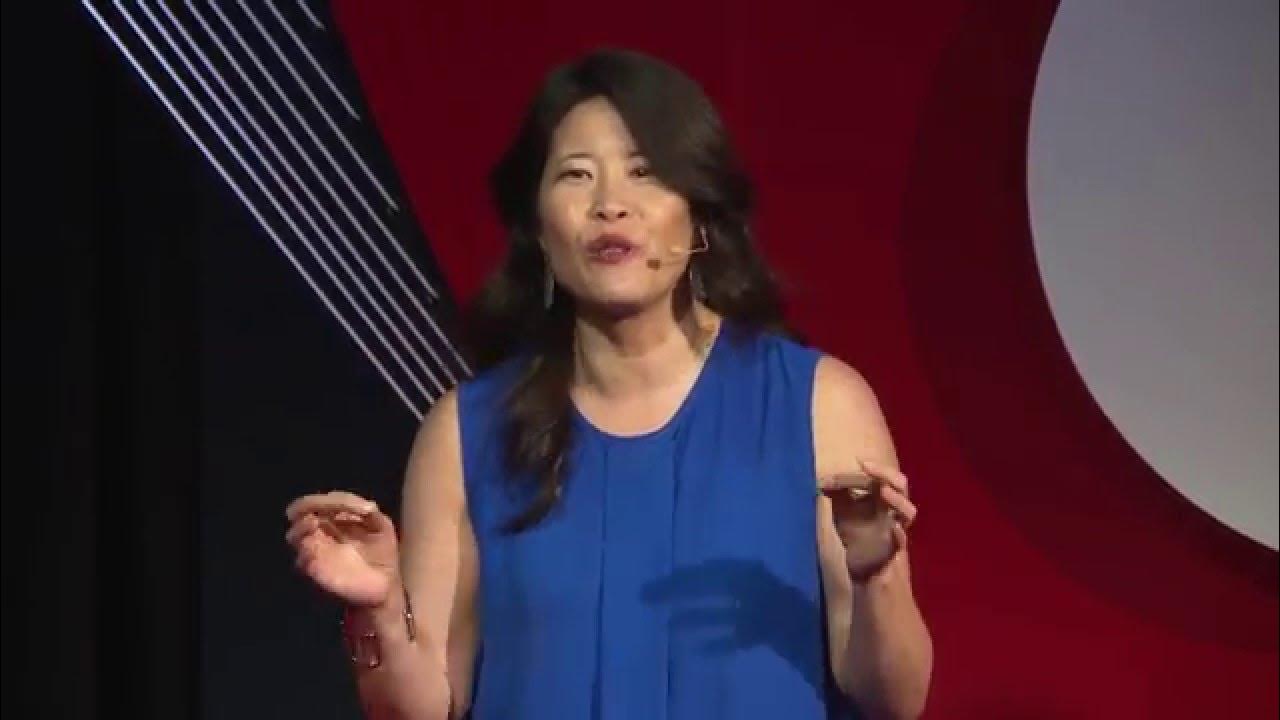Need a Fresh Start? How to Master a Life Transition | Bruce Feiler | TEDxIEMadrid
Summary
TLDRIn this inspiring talk, the speaker shares a personal journey of transformation sparked by a life-altering phone call about their father's suicide attempt due to Parkinson's disease. The narrative explores the concept of life as a story and the impact of 'life quakes'—significant disruptions that redirect our paths. Through research and interviews, the speaker identifies patterns in life transitions, offering five practical tips to navigate change, emphasizing the importance of storytelling as a tool for healing and self-discovery.
Takeaways
- 📞 The speaker's life was profoundly impacted by a phone call informing them of their father's suicide attempt, highlighting the power of communication.
- 🤝 The father's struggle with Parkinson's disease and multiple suicide attempts underscore the importance of mental health awareness and support for those with chronic illnesses.
- 🔥 The concept of a 'spark' to reignite one's life story is introduced as a means to help individuals find meaning and joy amidst life's challenges.
- 🧠 The script emphasizes that our life story is not just a part of us, but it fundamentally defines who we are, suggesting the narrative we create about our lives shapes our identity.
- 🔄 The idea of a linear life is debunked, proposing that life is better understood as a series of non-linear transitions and changes.
- 🌪️ Life transitions, or 'disruptors,' are common and can be both voluntary and involuntary, with the average person experiencing dozens throughout their life.
- 🌀 The pandemic is described as a 'collective involuntary life quake,' affecting everyone globally and necessitating new ways of coping and adapting.
- 🛠️ Life transitions are presented as a skill that can be learned and mastered, with the speaker offering five tips to navigate these periods effectively.
- 💡 The power of storytelling is highlighted as a tool for healing and personal growth, allowing individuals to rewrite their life narratives and find a new sense of self.
- 🌟 The speaker concludes by encouraging everyone to embrace their role as the hero in their own life story, suggesting that overcoming life's challenges is an essential part of personal development.
Q & A
What was the turning point in the narrator's father's life?
-The turning point was when the narrator sent his father a question about the toys he played with as a child, sparking a series of storytelling that changed his life.
How does the narrator suggest we rethink our approach to life stories?
-The narrator suggests that we should view life stories as non-linear and full of transitions, rather than following a single, predetermined path.
What does the narrator mean by 'life quakes'?
-Life quakes refer to massive bursts of change that lead to periods of upheaval, transition, and renewal in a person's life.
How many disruptors, or life changes, does the average person experience in their lifetime?
-The average person goes through three dozen disrupters in their lifetime, with one occurring every 12 to 18 months.
What are the three phases of a life transition according to the narrator?
-The three phases are the long goodbye (mourning the past), the messy middle (shedding and creating new habits), and the new beginning (unveiling the new self).
What is the narrator's first tip for mastering a life transition?
-The first tip is to begin with your transition superpower, which is the phase of the transition process you are best at.
Why is it important to accept emotions during a life transition?
-Accepting emotions is important because it acknowledges the emotional experience of the transition and allows for healthier coping mechanisms.
How does trying something new during the 'messy middle' phase help in a life transition?
-Trying something new helps in shedding old habits and creating space for creativity, which can lead to envisioning a new self.
Why is seeking wisdom from others crucial during a life transition?
-Seeking wisdom from others is crucial because it helps combat feelings of isolation and provides different perspectives, which can aid in navigating the transition.
What is the significance of rewriting one's life story during a life transition?
-Rewriting one's life story is significant as it allows individuals to make meaning of their experiences, add new chapters, and maintain control over their narrative.
What is the 'transition superpower' and why is it beneficial to leverage it?
-The 'transition superpower' is the phase of the transition process one is most adept at. Leveraging it is beneficial as it allows individuals to start the transition with confidence and build momentum.
How does the narrator's father's story exemplify the power of storytelling in life transitions?
-The narrator's father's story exemplifies the power of storytelling by showing how recounting life-affirming memories through writing helped him find meaning and purpose during a difficult time.
Outlines

このセクションは有料ユーザー限定です。 アクセスするには、アップグレードをお願いします。
今すぐアップグレードMindmap

このセクションは有料ユーザー限定です。 アクセスするには、アップグレードをお願いします。
今すぐアップグレードKeywords

このセクションは有料ユーザー限定です。 アクセスするには、アップグレードをお願いします。
今すぐアップグレードHighlights

このセクションは有料ユーザー限定です。 アクセスするには、アップグレードをお願いします。
今すぐアップグレードTranscripts

このセクションは有料ユーザー限定です。 アクセスするには、アップグレードをお願いします。
今すぐアップグレード関連動画をさらに表示

What is Excellence? | Vanessa Acheampong | TEDxNorthHighSchool

Is it TOO LATE to be successful in your 30s? (BRUTAL TRUTH)

Chronic Stress, Anxiety? - You Are Your Best Doctor! | Dr. Bal Pawa | TEDxSFU

To overcome challenges, stop comparing yourself to others | Dean Furness

The disruptive power of exercise | Dr. Wendy Suzuki | TEDxACCD

Restorative Practices to Resolve Conflict/Build Relationships: Katy Hutchison at TEDxWestVancouverED
5.0 / 5 (0 votes)
